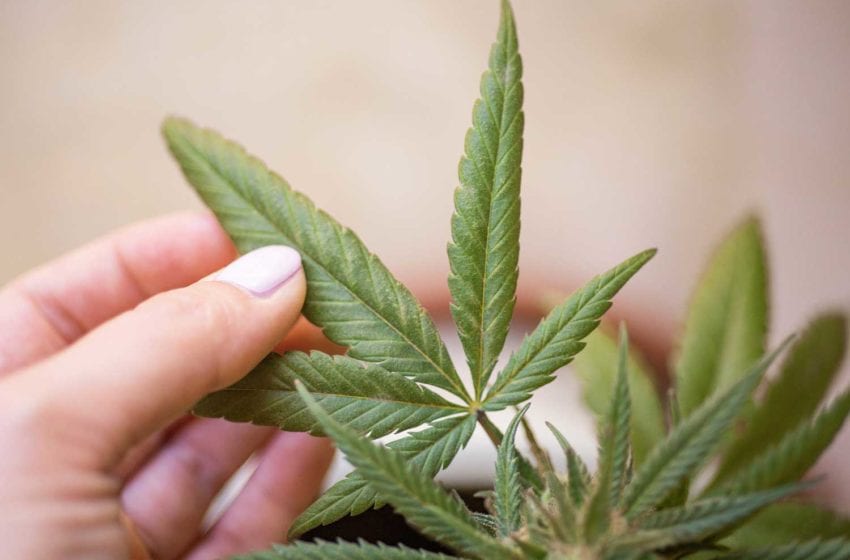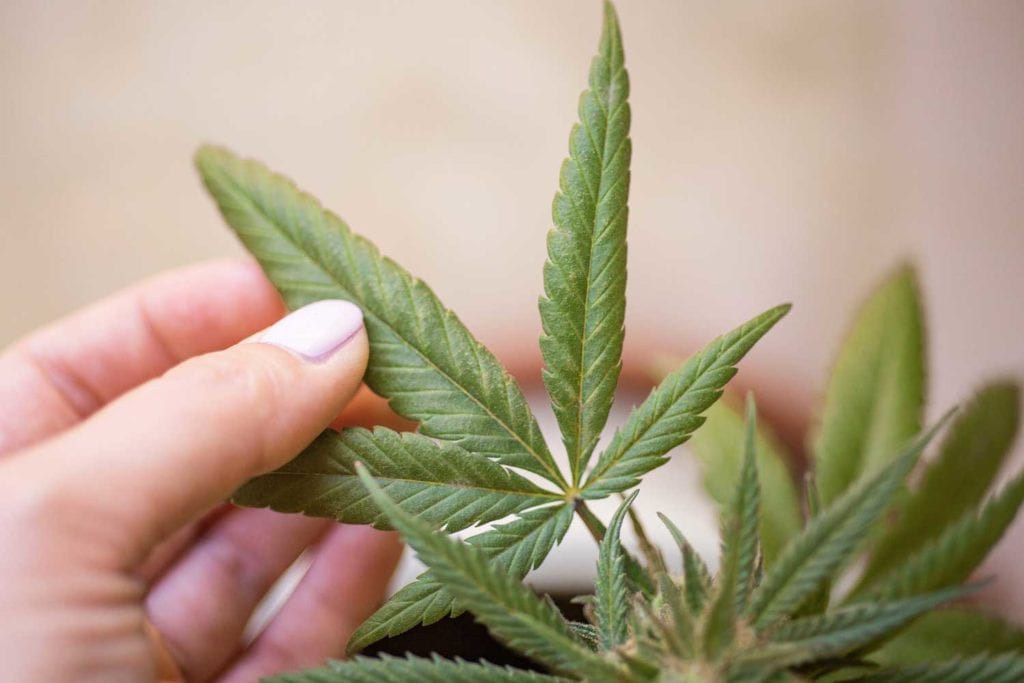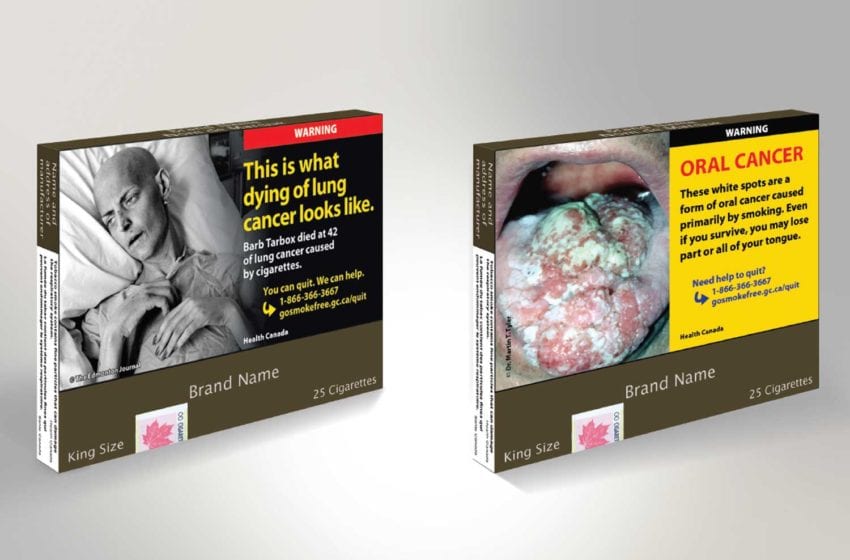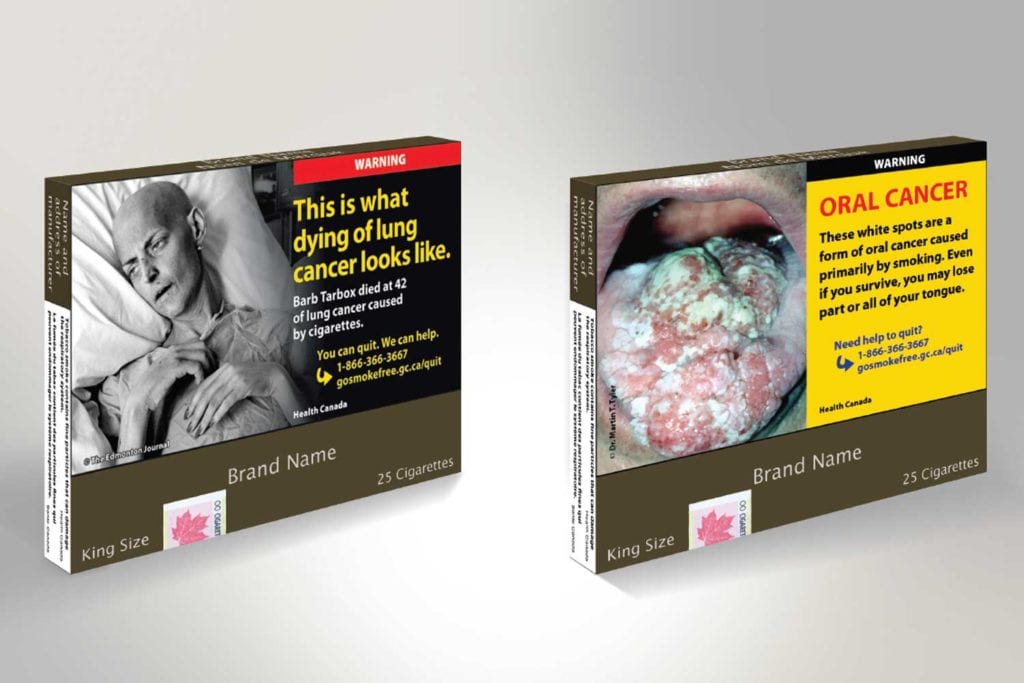
22nd Century Group Vice President of Regulatory Science John Pritchard has joined the Food and Drug Law Institute’s (FDLI) Tobacco and Nicotine Products Committee.
The committee brings together a diverse group of stakeholders, including public health researchers, leaders of nongovernmental organizations and members of the U.S. Food and Drug Administration Center for Tobacco Products, to discuss tobacco product regulation and policy.
“We are proud that John has been invited to serve on the highly regarded FDLI Tobacco and Nicotine Product Committee and to represent 22nd Century in this forum,” said James A. Mish, CEO of 22nd Century Group, in a statement.
“Our organization is fortunate to have a number of experts on our leadership team, and it is important that we play an active role in moving the tobacco industry forward to reduce the harm caused by smoking.”
“With respiratory health front and center in everyone’s minds, there has never been a more critical time to advance effective public health policy and regulation in the area of tobacco control,” said Pritchard.
“Cigarette addiction is the leading cause of preventable death in the United States and having the opportunity for multi-stakeholder dialogue is an essential part of achieving this. I have a tremendous amount of respect for the FDLI, and I look forward to contributing my experience to the organization.”
With respiratory health front and center in everyone’s minds, there has never been a more critical time to advance effective public health policy and regulation in the area of tobacco control.
John Pritchard, vice president of regulatory science, 22nd Century Group
Pritchard started in his regulatory role at 22nd Century in 2019 and brings more than 20 years of scientific and regulatory experience in the tobacco and pharmaceutical industries as well as public health experience to the committee.



















